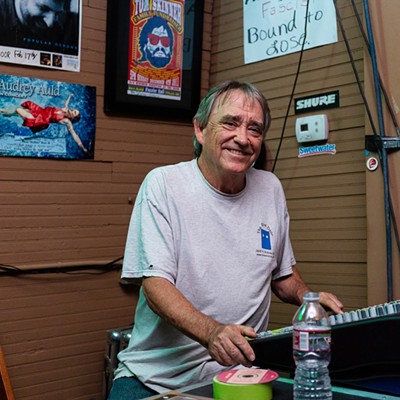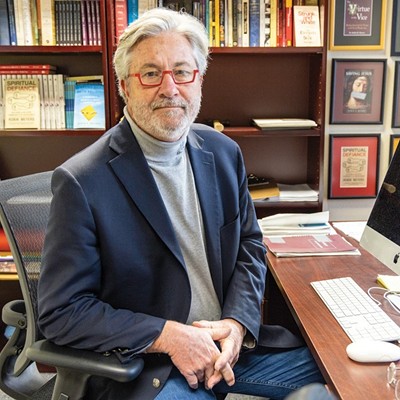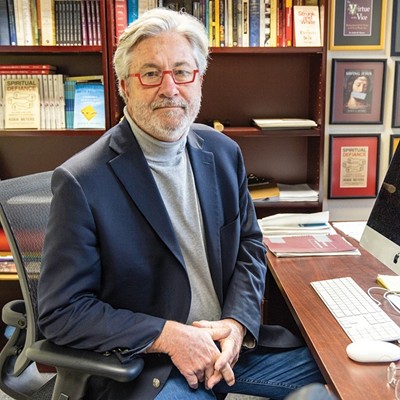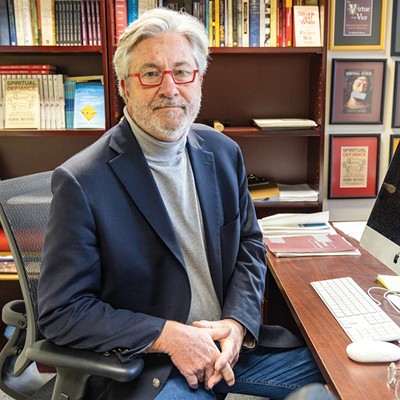But as the company sells off billions in assets to pay $32.6 billion in “spending obligations” (as The Wall Street Journal recently
reported), charges of crony capitalism abound and its CEO fends off
charges of insider dealing, local defenders of the embattled energy
giant have come forth in droves. Some even contend we are the victim of
an “East Coast conspiracy” to drive down the share price and gobble up
the best thing that’s ever happened to us.
That makes good copy, but it may be something much simpler and more in line with the realities of human nature. We are all in the position of a kept woman whose sugar daddy is rumored to have a darker side. “It can’t be true,” she croons, rubbing the mink coat he just gave her.
Having lived in Oklahoma for almost three decades, I’ve heard the exaggerated promises of many “saviors” of the state. Once upon a time it was going to be the racetrack, then “right to work,” then the lottery. None of them did anything other than keep Oklahoma trapped in a perpetual cycle of boom and bust.
Is this just the latest boom and bust cycle? I join all those who hope and pray it won’t be, but we need to be grown-ups about this.
Watching the Oz-like rise of Chesapeake — its campus expanding at a rate that seemed to portend ownership of half the city — wiser heads were shaking and asking: Is this sustainable? Can any company grow this fast and not self-destruct in an ocean of debt?
No one can argue that Chesapeake has done nothing to improve life in our city and to put us on the map. But nobody should be naive, either, about the dangers inherent in corporations whose size and power can dominate both government and public opinion When the curtain falls, the response is always to wonder how we could have looked the other way as storm clouds gathered.
The answer is simple: We believe what we want to believe, as long as the good times roll.
The questions we really need to ask are not popular these days: Have giant corporations come to dominate too much of our lives, making us both dependent and vulnerable? Have we only pretended to favor the health and vitality of small businesses, including small independent energy producers, all the while rolling over like panting supplicants in the face of the Wal-Marting of America?
One thing is certain: We won’t know the fate of Chesapeake until it is sealed behind closed doors — either in a plan to save it, its sale, or in the announcement at 3 p.m. on a Friday that it is bankrupt.
Meyers is senior minister of Mayflower Congregational United Church of Christ, and professor of rhetoric at Oklahoma City University.
Opinions expressed on the commentary page, in
letters to the editor and elsewhere in this newspaper are those of the
author and do not necessarily reflect the opinions of ownership or
management.















